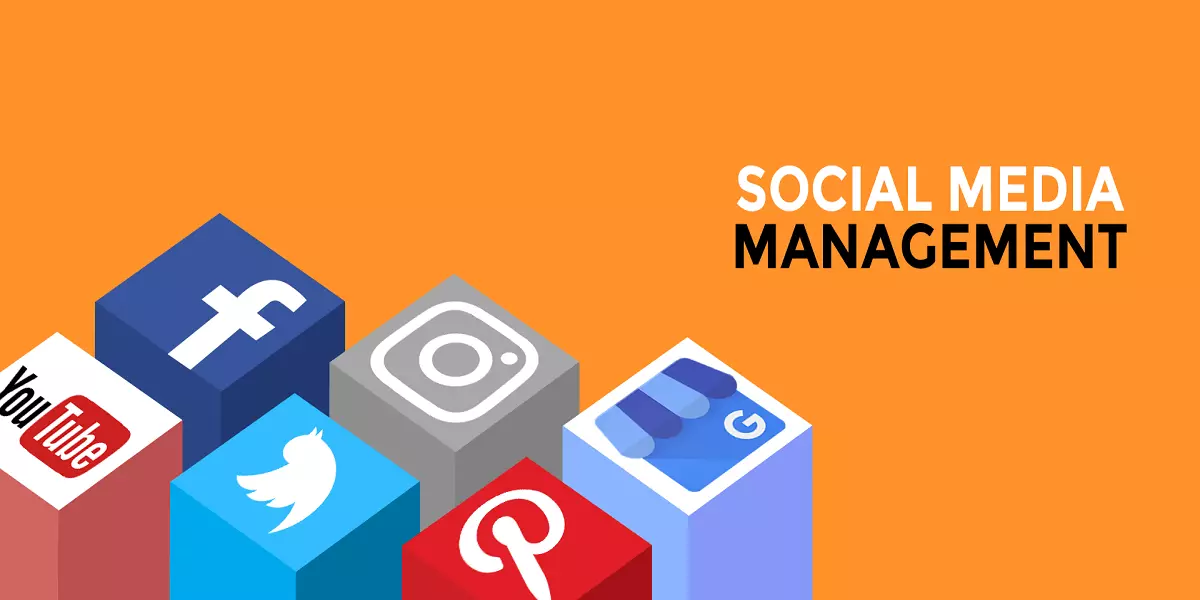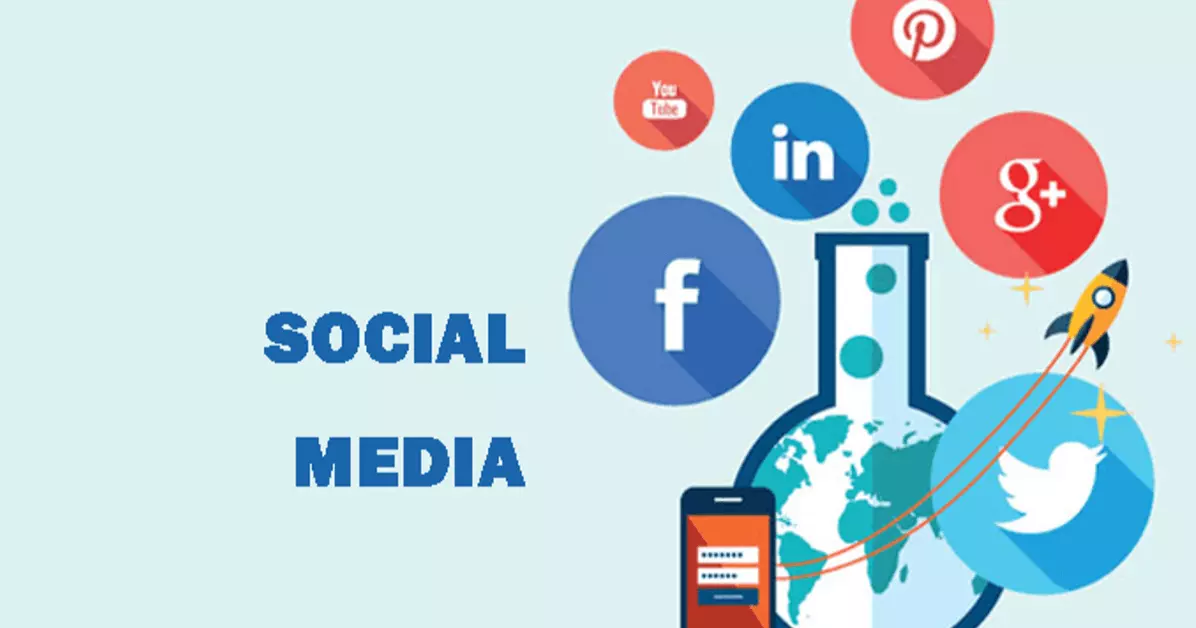
In an era where a viral TikTok post can reach millions overnight, where grassroots campaigns can topple established hierarchies, and where decentralized communities can build entire movements without a central figurehead, the idea of a traditional “award” might seem outdated. After all, do we still need a jury, a ceremony, or a plaque when influence can spread so freely online? And yet, across fields as diverse as science, literature, technology, and social advocacy, awards continue to hold cultural, professional, and even psychological weight.
Content
The Changing Landscape of Recognition
Recognition today comes in many forms. Likes, shares, and follower counts provide instant validation, while online communities can elevate voices that institutions once overlooked. According to a Pew Research survey, nearly 70% of adults in the U.S. believe social media provides a platform for marginalized voices. That democratization of recognition has allowed changemakers to emerge who might never have been noticed by traditional gatekeepers.
But visibility is not the same as validation. A trending hashtag may capture attention, but awards confer formal acknowledgment—often from experts, peers, or institutions. They suggest not only popularity, but also quality, rigor, and measurable impact.
Why Awards Still Matter
Credibility in a Noisy World
In an age of information overload, credibility is scarce. Awards act as signposts, helping the public distinguish between fleeting popularity and sustained impact. For example, the Nobel Prizes still signify benchmarks of excellence in science and literature. A social media influencer may shape trends, but a laureate demonstrates work that has withstood scrutiny.
Catalysts for Opportunity
Awards don’t just celebrate past achievements; they can create new opportunities and amplify impact. Recipients often gain increased visibility, which can lead to collaborations, partnerships, or broader public engagement. Recognition can open doors to resources, professional networks, or leadership roles that might otherwise be harder to access. Beyond individual benefits, awards can inspire peers and emerging talent to pursue ambitious, innovative work, generating a ripple effect that advances the wider field or community.
Symbols of Collective Values
Awards also reflect societal priorities. Recent recognition of climate activists, AI ethicists, and healthcare innovators highlights global concerns and aspirations. As cultural artifacts, awards illustrate the values that societies collectively choose to honor—innovation, sustainability, diversity, resilience.
Human Need for Ritual and Storytelling
At their core, awards are rituals. Ceremonies, citations, and storytelling frame achievements in ways that resonate with human psychology. In a world of constant digital noise, these rituals slow us down, allowing reflection, acknowledgment, and inspiration for future action.
Case Study: The World’s Best Awards
To understand how awards operate in the modern landscape, it helps to examine The World’s Best Awards, organized by The World’s Best Magazine.
The Awards cover a wide array of categories: companies, individuals, organizations, products, services, innovations, and projects in both public and commercial sectors. Their approach blends expert evaluation with public participation, demonstrating how awards can remain relevant in an age of decentralized recognition.
Key Features
- Hybrid Decision-Making: Subject-matter experts select a shortlist of nominees, after which global public voting determines the final winners.
- Diverse Nominees: Entries range from nonprofits and government initiatives to small and large enterprises, as well as creative and technological projects.
- Rigorous Scoring & Evidence Requirements: Nominees must meet a minimum score based on industry relevance, scope, accomplishment type, and evidence of impact.
- Special Titles: Additional recognitions include People’s Choice, Judges’ Choice, Catalyst for Sustainable Progress, and Achiever of the Year.
Why This Case Study Matters
- Balancing Expert and Public Judgment
Expert review assesses depth, innovation, and long-term impact, while public voting validates resonance and appeal. - Transparent Criteria
Published scoring frameworks clarify how nominations are evaluated, enhancing trust and understanding. - Elevating Under-Recognized Sectors
The Awards highlight areas like sustainability, social entrepreneurship, and small-scale innovation that might otherwise go unnoticed. - Global Reach and Inclusivity
Open nominations and voting enable recognition across geographic and sectoral boundaries.
Awards and Other Forms of Recognition
Awards exist alongside social media influence and grassroots movements. Each plays a distinct role:
- Social Media & Viral Recognition provides immediacy and broad reach but is often short-lived.
- Grassroots Movements mobilize communities and inspire systemic change, though they may lack institutional visibility.
- Awards offer formal validation, historical documentation, and professional acknowledgment.
Together, these approaches can complement one another: viral campaigns gain visibility, and awards can provide credibility and longevity.
Challenges and Limitations
Even modern awards face challenges:
- Popularity Bias in Public Voting: Nominees with better digital reach may have an advantage.
- Resource Requirements: Preparing detailed submissions favors those with staff or support.
- Perceptions of Elitism: International awards may feel distant or less relevant to local communities.
Vanity Awards and Maintaining Credibility
The awards ecosystem also contends with “vanity awards,” which can be obtained with minimal review or payment. Such awards complicate public perception of achievement.
The World’s Best Awards incorporates several safeguards to avoid this:
- The World’s Best Selection Board: A panel of professionals, academics, entrepreneurs, and creatives evaluates submissions using published criteria and conflict-of-interest policies.
- Evidence-Based Evaluation: Shortlisted nominees must meet a scoring threshold based on verifiable achievements.
- Public Voting: Shortlisted nominees are vetted by a global audience, adding transparency and collective validation.
- Ongoing Accountability: Self-reporting and external reporting systems ensure that awardees maintain the standards for which they were recognized.
These mechanisms help ensure that recognition is based on merit and sustained impact rather than transactional or promotional factors.
Conclusion
The rise of social media and decentralized movements has broadened how influence is measured. Yet awards like The World’s Best Awards—with expert oversight, transparent scoring, public participation, and accountability systems—show how formal recognition can adapt and remain relevant.
Awards do not replace viral popularity or grassroots energy, but they provide structure, legitimacy, and historical context. In an age of innovation, they help society determine not only what captures attention in the moment, but what deserves to be remembered and built upon in the future.

Ryan Myers is a business blog author and writer. He graduated from the University of California, Berkeley in 2009 with a degree in Political Science. His favorite topics to write about are blogging for small businesses and becoming an entrepreneur.












